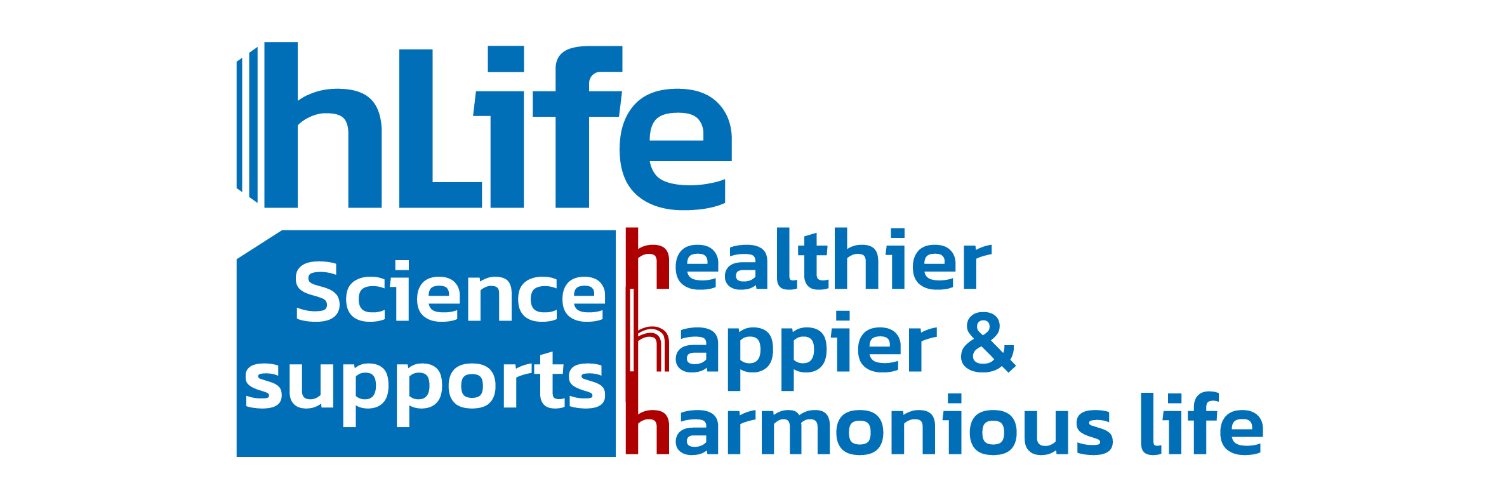
hLife
@hLife_2023
hLife, published by Elsevier, aims to link basic research to transformative medicine that could improve human health.
We are pleased to announce that hLife has benn indexed in Scopus within 9 months of its launch. We sincerely thank our authors, reviewers, editors, and readers for their invaluable contributions. APC free by 2026, submit your manuscripts now.

The research group of Professor Jianping Xie has provided comprehensive insights into the intricate interplay between ISG15/ISGylation and copper-related pathways. Read more on hLife👇👇👇doi.org/10.1016/j.hlif…

The research group of Professor Ning-Ning Liu has discussed the global threat of invasive fungal infections, introduced the WHO’s FPPL, and examined the current challenges and new strategies in diagnosis and treatment. Read more on hLife👇👇👇 doi.org/10.1016/j.hlif…

Addressing COVID-19 vaccination hesitancy through community engagement and integration with primary health care services in Wakiso District, Uganda @DavidMusoke14 Read more on hLife👇👇👇 doi.org/10.1016/j.hlif…

The research groups of Professors Allen P. Liu and Jiahe Li have highlighted the recent work by Yichuan Xiao, Chenli Liu, et al. on engineered bacteria for cancer immunotherapy and discuss its future. @JiaheLi276994 @liu_chenli Read more on hLife👇👇👇 doi.org/10.1016/j.hlif…

The research groups of Professors Yu Sun and Congchao Cheng have examined three linked paradigms of AI—tool, mirror, and assistant—to show their strengths and limits, emphasizing key aspects of human ingenuity. @chengcongchao Read more on hLife👇👇👇doi.org/10.1016/j.hlif…

The research group of Professor Di Dong has reviewed the challenges faced by AI in medical diagnosis applications from the perspectives of responsibility allocation, data ethics, and explainability. Read more on hLife👇👇👇 doi.org/10.1016/j.hlif…

The research groups of Professors Xiangwei Li and Tianlang Tong have investigated twelve distinct DNAm aging algorithms' mortality links while evaluating and comparing their predictive abilities for mortality. @motohala Read more on hLife👇👇👇 doi.org/10.1016/j.hlif…

The research groups of Professors Chengyuan Wang and Vadim Molodtsov have summarized transcription-translation coupling and factor-dependent termination in bacteria and archaea, emphasizing mechanistic differences. @ChengyuanWang3 Read more on hLife👇📷doi.org/10.1016/j.hlif…

The research groups of Professors Xinwei Han and Ran Xu have summarized microbiota–innate immunity crosstalk in health and cancer, highlighting immune recognition and polarization during tumor progression. Read more on hLife👇📷doi.org/10.1016/j.hlif…

Congratulations! The Volume 3, Issue 6 has been released! sciencedirect.com/journal/hlife/…
The research groups of Professor Minggui Wang has proposed new perspectives and insights into the formation, transmission, detection, and treatment strategies of both CR-hvKp and hv-CRKp strains. Read more on hLife👇👇👇 doi.org/10.1016/j.hlif…

The research groups of Professors Wenming Wu, Yanshan Liang, and Xudong Liu has summarize the latest experimental models used to study pancreatic cancer cachexia and discuss potential treatment strategies. Read more on hLife👇👇👇 doi.org/10.1016/j.hlif…

The research group of Professor Ming He has reviewed the Cell study by Professor Guang-Hui Liu's group, proposing that future exercise-related health benefits could be achieved through targeted pharmacological interventions. Read more on hLife👇👇👇 doi.org/10.1016/j.hlif…

Rational design of human CD26 receptor for a strong neutralizing ability against MjHKU4r-CoV-1 and MERS-CoV Read more on hLife👇👇👇 doi.org/10.1016/j.hlif…

Mucosal adenovirus vaccine Ad5-XBB.1.5 boosting elicits nasal IgA and transiently prevents JN.1 wave infection for less than 6 months in real-world settings Read more on hLife👇👇👇doi.org/10.1016/j.hlif…

Selection and engineering of broad-spectrum antiviral affibody peptide against SARS-CoV-2 variants Read more on hLife👇👇👇doi.org/10.1016/j.hlif…

The research group of Professor Qiang Li has identified "brain damage" accumulation as ASD's core pathological mechanism and proposes combined damage-control and self-repair strategies for intervention. Read more on hLife👇📷doi.org/10.1016/j.hlif…

Congratulations! The Volume 3, Issue 6 has been released! sciencedirect.com/journal/hlife/…
Congratulations! The Volume 3, Issue 5 has been released! sciencedirect.com/journal/hlife/…
Congratulations! The Volume 3, Issue 4 has been released! sciencedirect.com/journal/hlife/…